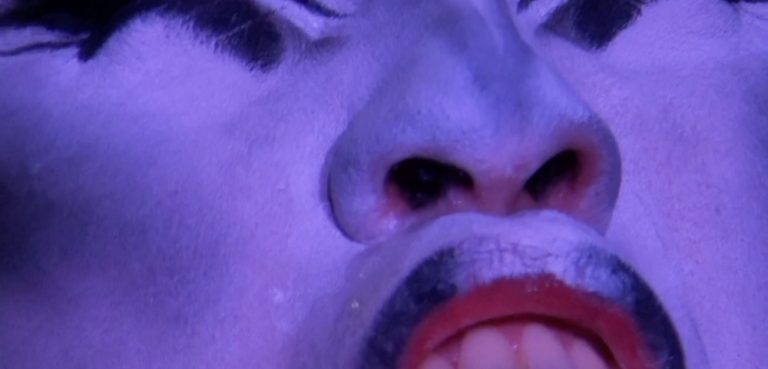
The C word

 There is something we need to talk about. It may not be the best dinner table conversation but cancer, or more specifically anal cancer, is a topic that needs to be discussed. Whilst anal cancer may be rare in the general population there is a much higher prevalence amongst gay men and people who are HIV positive. Therefore let’s bring it out of the closet and discuss it frankly.
There is something we need to talk about. It may not be the best dinner table conversation but cancer, or more specifically anal cancer, is a topic that needs to be discussed. Whilst anal cancer may be rare in the general population there is a much higher prevalence amongst gay men and people who are HIV positive. Therefore let’s bring it out of the closet and discuss it frankly.
Anal cancer is a form of cancer that affects the anal canal and the surrounding anal opening. Unfortunately the question of what exactly causes anal cancer is still largely unknown, but what we do know is that there are certain risk factors which may increase the risk of developing anal cancer. These include:
- Increasing age: Anal cancer has been detected in people as young as 35 but is more common in those who are older than 65.
- Having a low immunity: If your immune system is not working optimally this may increase your risk of developing anal cancer.
- Exposure to the human papillomavirus (HPV): This is a common sexually transmitted infection and certain types of HPV can cause anal warts and others can cause anal cancer.
- Smoking: Being a smoker increases your chances of developing anal cancer.
At the moment there is no real way to prevent anal cancer. It is best to stop smoking or to be vaccinated against HPV if you are not yet sexually active, and for many of us that ship sailed a long time ago. The best course of action is to look out for the symptoms and to have a regular anal health check up.
The symptoms of anal cancer include anal bleeding, anal discomfort or pain, anal lumps or an anal ulcer that won’t go away. Even though these symptoms are common with many other conditions it is important that you do not ignore them and discuss them with your doctor. One of the main reasons that anal cancer is detected too late is because people often ignore the symptoms. Having an early diagnosis is the best way to have a better prognosis.
Unfortunately there is no formal test for anal cancer but the best way of detecting any early stages is to have an anal health check. This involves a doctor carefully examining the skin around the anal opening to look for any suspicious lesions, and then the doctor will insert a gloved finger into the anus to feel for any abnormal lumps or ulcers.
So remember, let’s not keep anal cancer in the closet, look out for any symptoms and talk with your doctor about having an annual anal check up.









